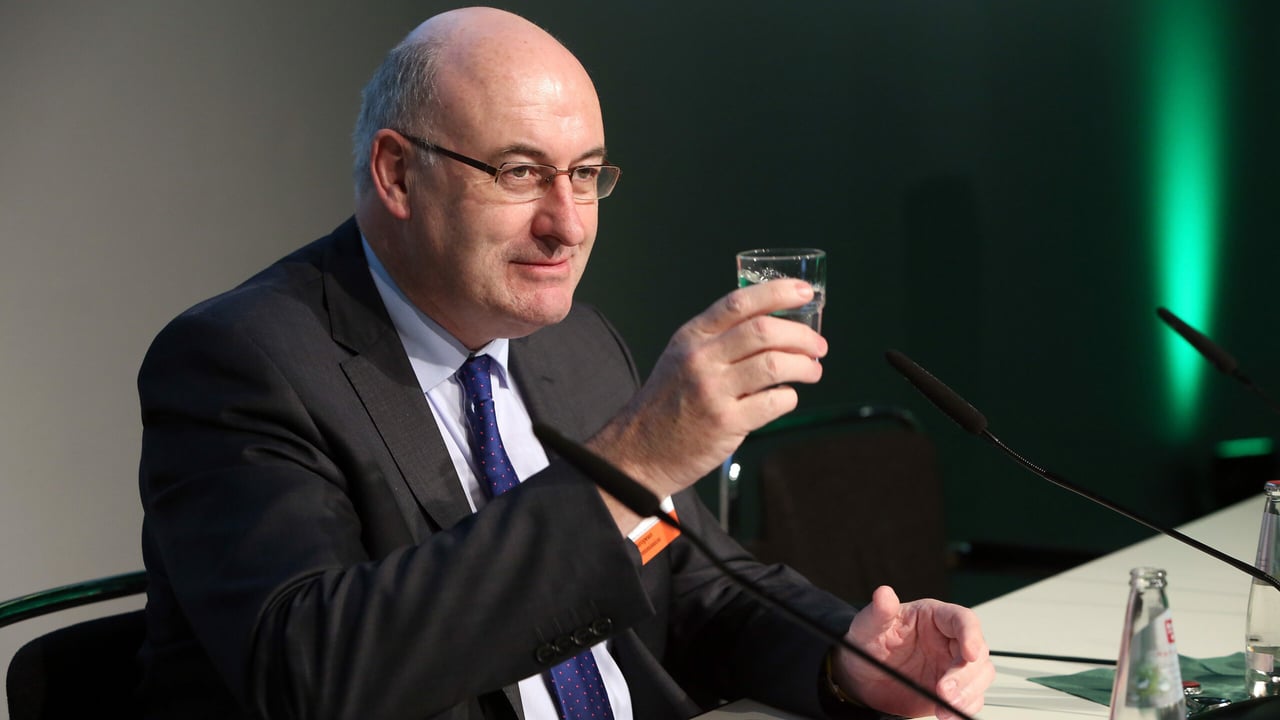EU and Mexico conclude final element of trade agreement
The EU and Mexico have concluded the last outstanding element of the negotiation of their new trade agreement.
Trade Commissioner Phil Hogan and Mexican Minister of Economy Graciela Márquez Colín – in a phone call yesterday, Tuesday, April 28 – agreed on the exact scope of the reciprocal opening of public procurement markets and a high level of predictability and transparency in public procurement processes.
With this, the EU and Mexico can advance to the signature and ratification of this agreement in line with their respective rules and procedures.
The agreement also now includes progressive rules on sustainable development, such as a commitment to effectively implementing the Paris Climate Agreement.
It is also the first time that the EU agrees with a Latin American country on issues concerning investment protection. Simpler customs procedures will further help boost exports.
Agricultural exports from the EU are set to benefit the most, such as poultry, cheese, chocolate, pasta, and pork, according to the European Commission at the time of the original agreement in principle in 2018.
Commenting, European Commissioner for Trade Phil Hogan said:
“Today’s agreement is clear evidence of our shared commitment to advance our agenda of partnership and cooperation.
“This agreement – once in force – will help both the EU and Mexico to support our respective economies and boost employment.”
The broader global agreement, of which the trade agreement is an integral part, also covers the protection of human rights, as well as chapters on political and development cooperation.
Mexico is the EU’s number one trade partner in Latin America with bilateral trade in goods worth €66 billion and trade in services worth another €19 billion (respectively 2019 and 2018 data).
EU goods exports exceed €39 billion a year. EU-Mexico trade in goods has more than tripled since the entry into force of the original agreement in 2001.
The modernised trade agreement will help boost this strong historical growth, the commission concluded.











